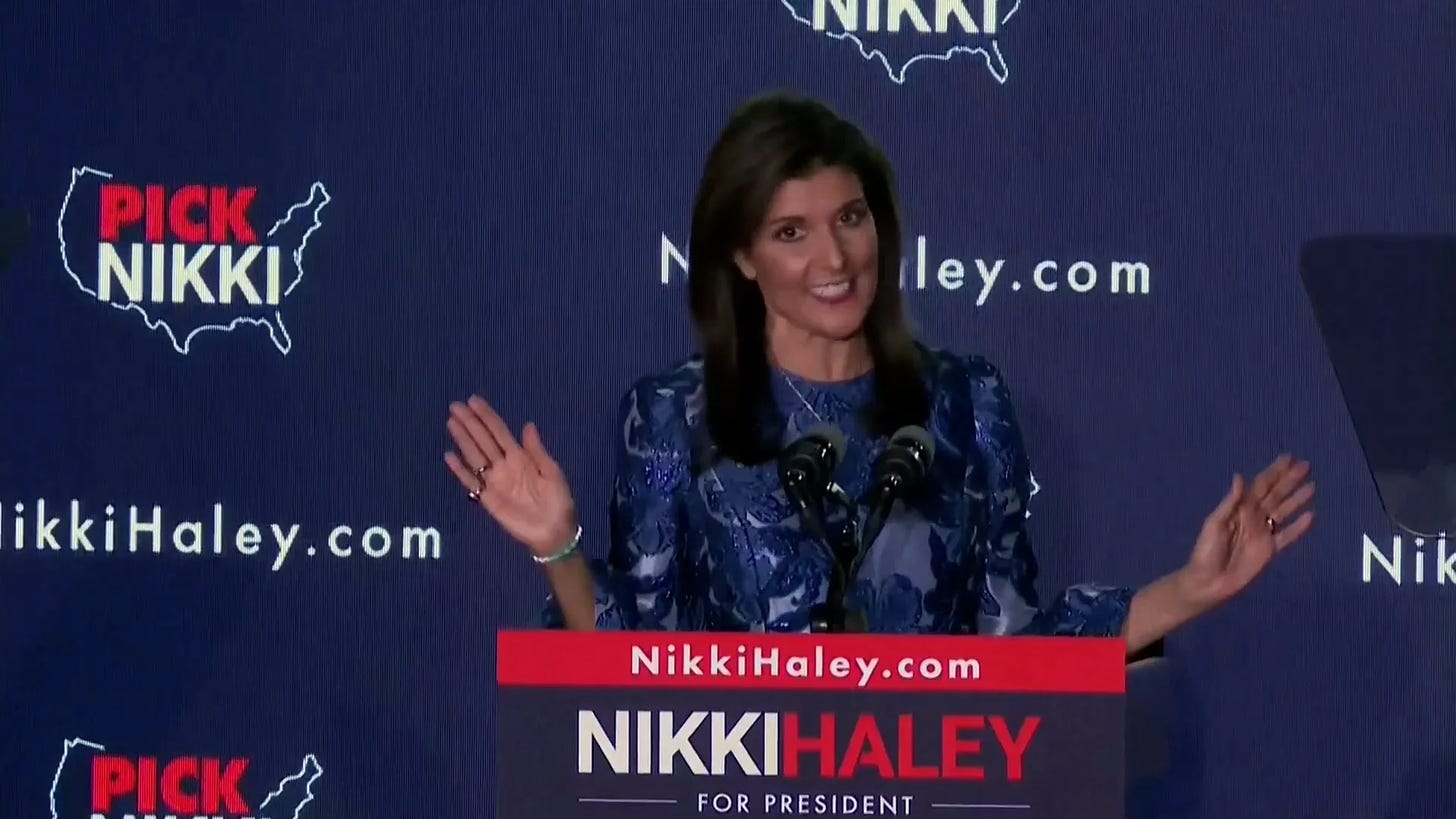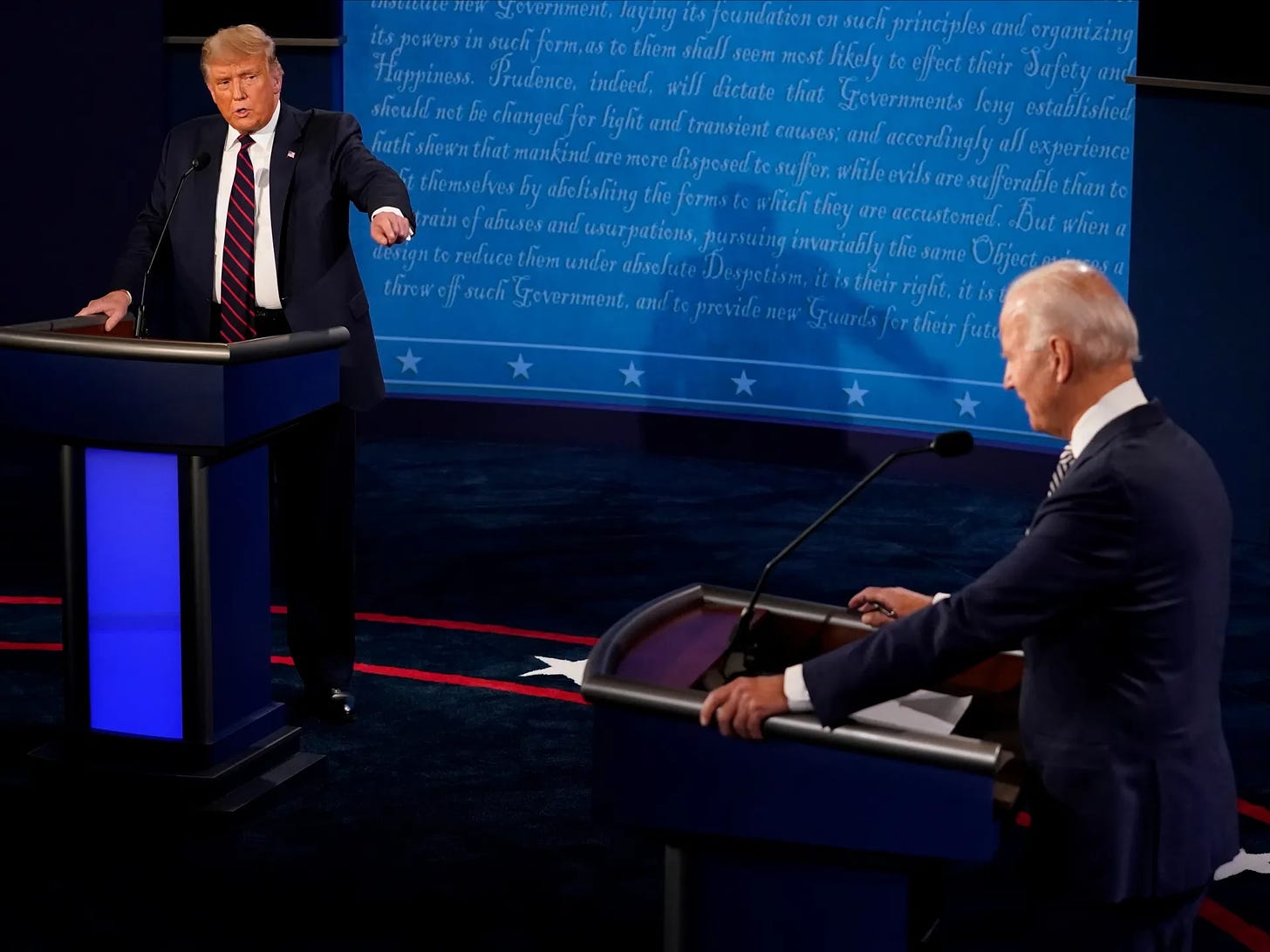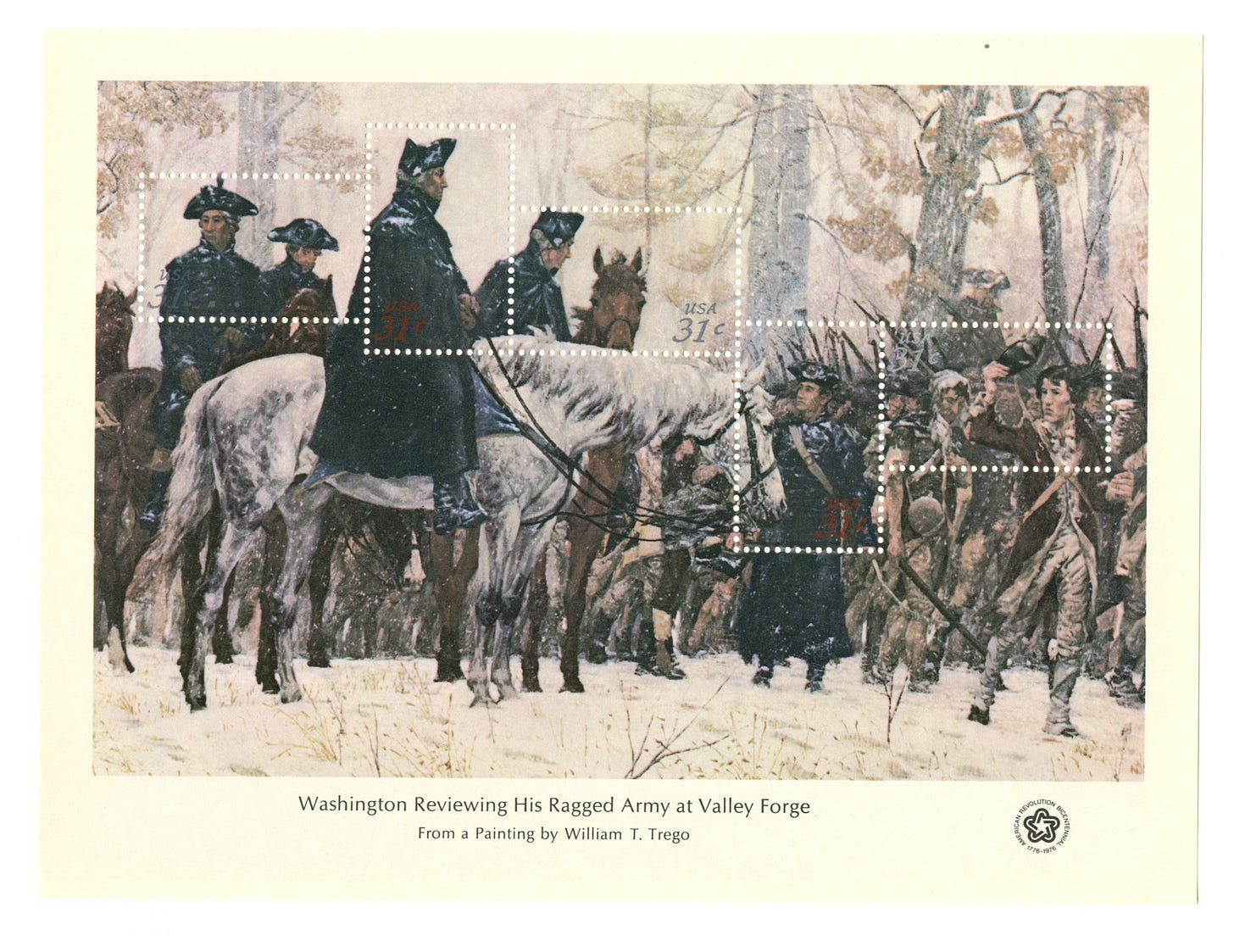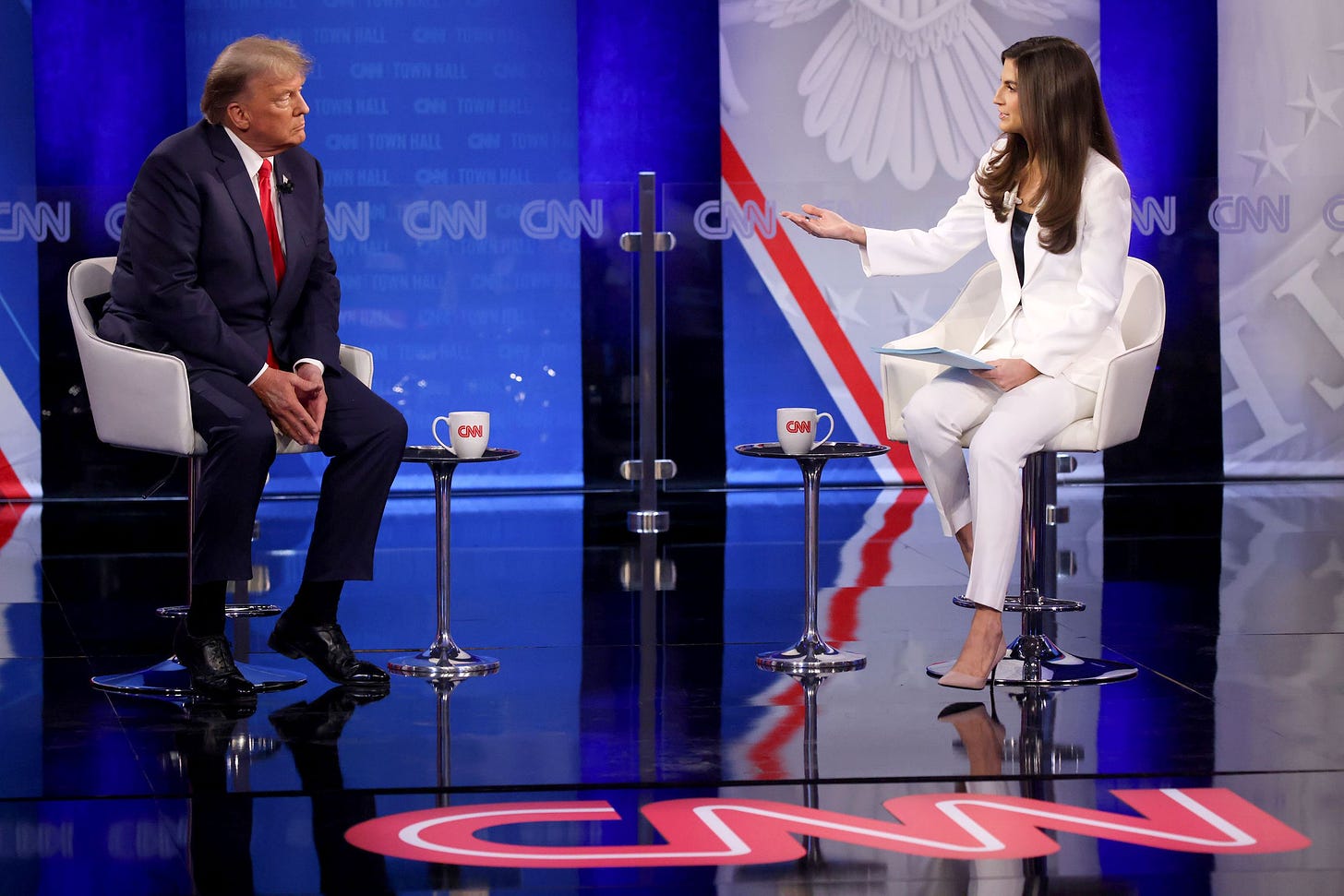W.J. Astore
Joe Biden versus Donald Trump, again. That’s America’s choice in 2024.
Biden is mainly running to “save democracy” from Trump as well as on abortion rights. Trump is running on a MAGA platform that includes stopping the flow of “illegals” into America. You’re going to hear a lot about Biden’s age and Trump’s alleged designs for a dictatorship.

The presence of third-party candidates might enliven the race. Jill Stein is running again for the Green Party. She has good ideas but virtually no chance. Robert Kennedy Jr. may cause some excitement. especially if he chooses former governor Jesse Ventura as his running mate. Americans, unexcited by the Biden/Trump repeat, could conceivably vote in large numbers for RFK Jr.
As grim as the Biden/Trump repeat is, it does capture the end of the American empire. I’ve been reading an interesting book: “The Leading Man: Hollywood and the Presidential Image,” by Burton Peretti. Image may not be everything for a U.S. president, but it surely is vitally important. Biden and Trump capture something of the essence of America today. Biden, obviously in decline, is thoroughly obedient to corporate and banking entities, special interests like AIPAC, and the military-industrial complex. He is the “nothing will fundamentally change” guy.
If Biden were a dinosaur, he’d be a steady, stolid, past-his-prime triceratops.
Trump, with all his bluster, his boasting, his bragging, his bullying, is the image of a swaggering imperium that refuses to recognize its time has come and gone. Self-involved, bent on vengeance, spoiling for a fight against his enemies, real and perceived, he is the image of an angry America blinded by perceived slights and grievances, always demanding respect rather than earning it.
If Trump were a dinosaur, he’d be a predatory, angry, carnage-seeking T-rex.
Trump and Biden frame the other as a danger to democracy when it’s the both of them who demonstrate democracy is just a sham. More than half of Americans said in 2021 they didn’t want to see a Biden/Trump rematch in 2024, but here we are. The DNC acted to ensure Biden had no real challenger and the RNC sold its soul to Trump, who has an ability to connect with people because he occasionally blurts out an uncomfortable truth, even as he’s spinning his usual con.
One thing is certain: It’s very difficult to reform entrenched power bureaucracies, especially when we’re given an illusion of “choice,” Biden or Trump. And when we’re so heavily propagandized to believe that we still have a democracy and that the biggest threats come from Russia and China.
As Yoda the Jedi Master once said, “You must unlearn what you have learned.” America needs to unlearn the idea that we’re a democracy, that we have choice, and it needs to learn the biggest threat to America is from within, partly our largely unaccountable government and partly a system that places nearly all the power in the hands of those with the most money.
How to effect a democratic awakening, without shedding barrels of blood, is a question for the ages. One thing is certain: no awakening is coming from either Biden or Trump. Both will ensure the further decline of the American empire; the problem is that, as empires decline, they tend to lash out militarily, in desperation, mistaking military action for a resurgence in strength and vitality.
Biden or Trump: Neither man has what it takes to manage the decline of the U.S. imperium. Neither man has the wisdom, the vision, the fortitude, to imagine a new path forward for America. Both men, in their own way, are dinosaurs.
It’s Triceratops Biden versus T-rex Trump. What drama! But both men are fossils—dinosaurs, after all, are extinct, much like democracy in America.











